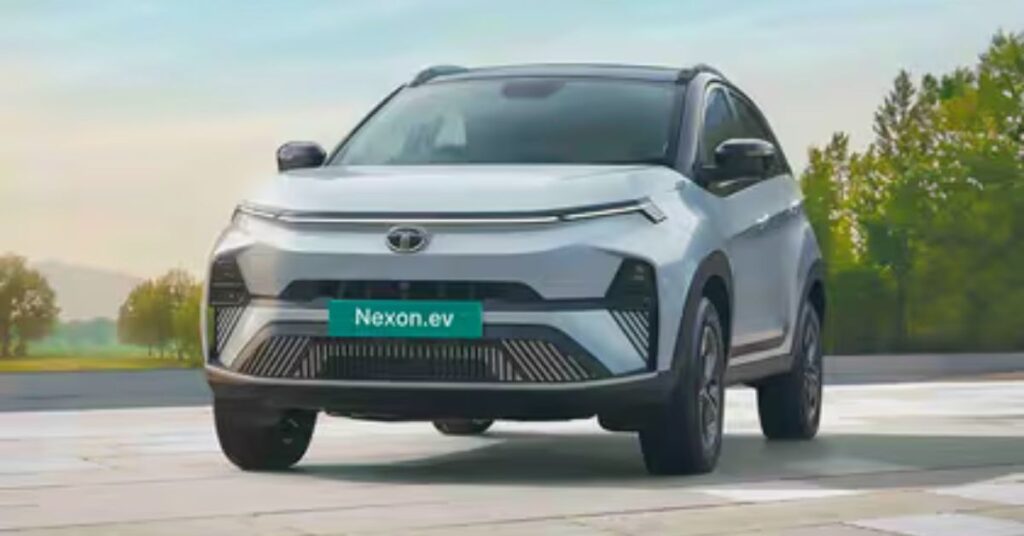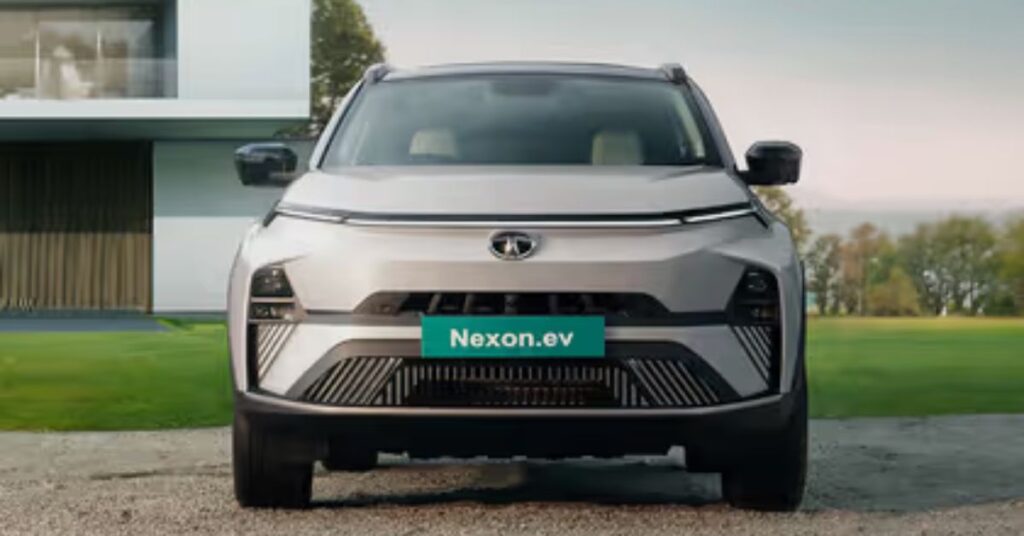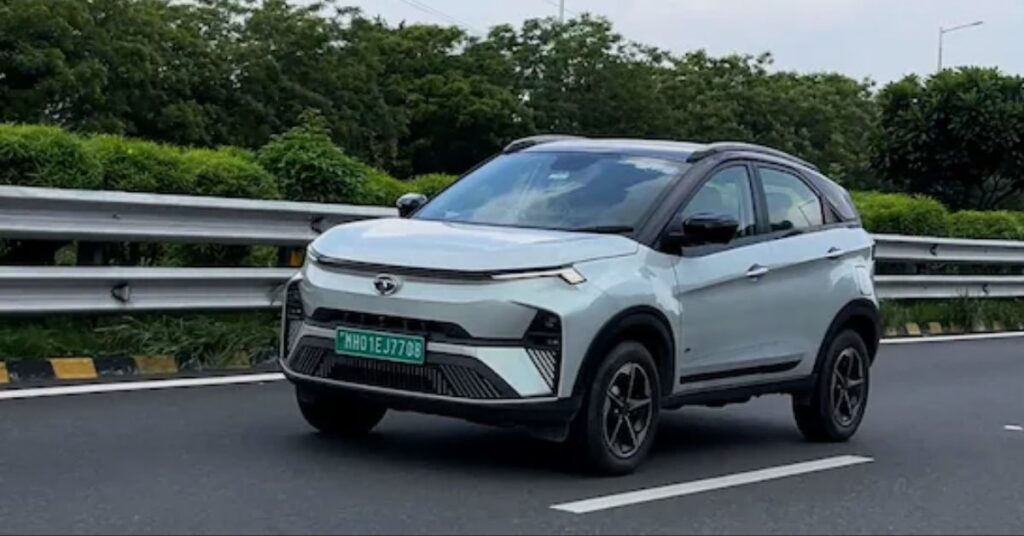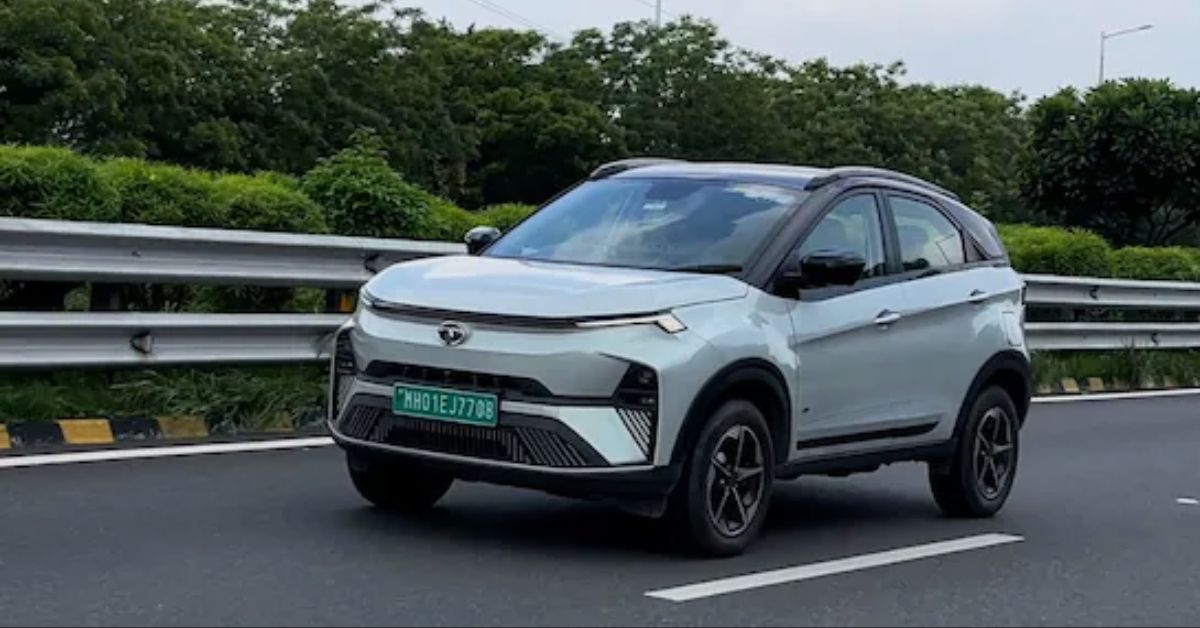India’s electric vehicle (EV) market is evolving rapidly, with Tata Motors continuing to lead the segment. Despite growing competition from new entrants and established automakers, Tata has maintained its position as the top EV manufacturer in India. However, the company now faces increasing pressure as competitors expand their portfolios and adopt aggressive strategies.
The Growth of Electric Vehicles in India
India’s EV sector has seen substantial growth in recent years. According to data from the Federation of Automobile Dealers Associations (FADA), electric car and SUV sales in India reached a record 99,004 units in 2024, reflecting a 20% increase compared to 2023.
This surge is driven by several factors:
- Rising fuel prices
- Government subsidies under the FAME (Faster Adoption and Manufacturing of Hybrid and Electric Vehicles) scheme
- Increasing environmental awareness
- Expanding charging infrastructure
The positive trajectory of the EV segment indicates a broader shift in consumer preferences toward sustainable and cost-efficient mobility solutions.

Tata Motors: EV Sales and Market Share
Tata Motors recorded sales of 61,435 electric vehicles in 2024, showing a slight growth of 2% from 2023, when the company sold 60,007 units.
Market Share Dynamics
Despite retaining the top position in EV sales, Tata’s market share declined from 73% in 2023 to 62% in 2024, highlighting the intensified competition in the segment.
Tata’s electric lineup includes:
- Tiago.ev – A compact and affordable hatchback
- Tigor.ev – A small sedan suited for urban mobility
- Nexon.ev – A popular electric SUV
- Punch.ev – A recently launched micro SUV
- Curvv.ev – A coupe-styled electric crossover
The company is also preparing for the launch of models such as the Harrier.ev and Sierra.ev, which are expected to strengthen its presence in the premium EV segment.
Competitors Gaining Ground
Tata Motors is now facing significant competition from both new and established automotive brands. Among the fastest-growing challengers is JSW MG Motor.
JSW MG Motor: A Fast-Rising Contender
In 2024, JSW MG Motor posted EV sales of 21,464 units, marking a 125% year-on-year growth. Its market share doubled from 11% in 2023 to 21% in 2024, making it Tata’s closest competitor.
The brand’s success is largely attributed to the MG Comet EV and the newly launched MG Windsor EV, which alone accounted for 45% of the company’s electric vehicle sales in 2024.
MG has adopted innovative strategies such as:
- Battery rental schemes, reducing upfront vehicle costs
- Attractive financing options
- A focus on digital and urban mobility solutions
Other Automakers Enter the Fray
Several other manufacturers are accelerating their EV ambitions:
- Mahindra & Mahindra has introduced the XUV400 EV
- Hyundai is developing the Creta EV
- Maruti Suzuki is preparing for the launch of the e-Vitara
- BYD and Kia are expanding their electric portfolios in India
These brands are focusing on affordability, design innovation, and extended range capabilities to appeal to a broader customer base.

Tata’s Strategic Response
To defend its leadership, Tata Motors is implementing multiple strategic initiatives aimed at addressing competition, improving production efficiency, and enhancing customer satisfaction.
Local Battery Manufacturing
Tata Group is investing $1.5 billion in establishing a battery gigafactory in India, expected to become operational by 2026. This move aims to:
- Reduce dependency on imported lithium-ion cells
- Lower battery costs
- Improve vehicle profitability
- Support domestic supply chains
Charging Infrastructure Development
Tata is also expanding its EV ecosystem, particularly charging infrastructure, through its energy subsidiary Tata Power. Key initiatives include:
- Access to over 5,500 public charging stations across India
- Six months of free charging for new Tata EV customers at Tata Power EV stations
- Partnerships with residential and commercial developers for dedicated EV parking solutions
These developments are crucial in addressing range anxiety and making EV ownership more convenient.

Government Policies and EV Ecosystem Support
The Indian government’s continued push for EV adoption plays a pivotal role in supporting automakers like Tata Motors. Key incentives include:
- FAME-II subsidies for electric two-wheelers, three-wheelers, and cars
- State-level benefits such as road tax waivers and registration fee exemptions
- Income tax rebates on EV loan interest payments under Section 80EEB
Furthermore, the Production Linked Incentive (PLI) scheme supports domestic manufacturing of EV components and advanced chemistry cells (ACC), bolstering India’s self-reliance in EV technology.
Consumer Behavior and Market Trends
Consumer preferences are shifting toward:
- Affordable EVs with lower running costs
- Compact electric vehicles suitable for city driving
- Long-range EVs for highway use
- Vehicles equipped with smart features like connected apps, OTA updates, and ADAS systems
Tata Motors’ vehicles, especially the Nexon.ev, have gained popularity due to their balance of price, performance, and tech offerings.
Challenges and Outlook
Despite the growth, several challenges remain:
- High initial purchase cost compared to ICE vehicles
- Limited charging infrastructure in rural areas
- Supply chain disruptions for critical raw materials like lithium and cobalt
However, with ongoing investments and technological advancements, these barriers are expected to reduce over time.
Looking ahead, India’s EV market is forecasted to witness a compound annual growth rate (CAGR) of over 40% by 2030, reaching approximately 10 million annual unit sales across vehicle segments.
Conclusion
Tata Motors continues to be the dominant force in India’s electric car market, thanks to its diverse product lineup, ecosystem development, and strategic investments in battery technology. However, as competitors like MG Motor, Mahindra, and Hyundai step up their efforts, Tata must continually innovate and scale its operations to maintain leadership.
The rise of electric mobility in India is not just a trend but a transformative movement toward sustainable transportation. With proactive policies, improved technology, and growing consumer interest, the Indian EV market is set for robust expansion in the coming years.
